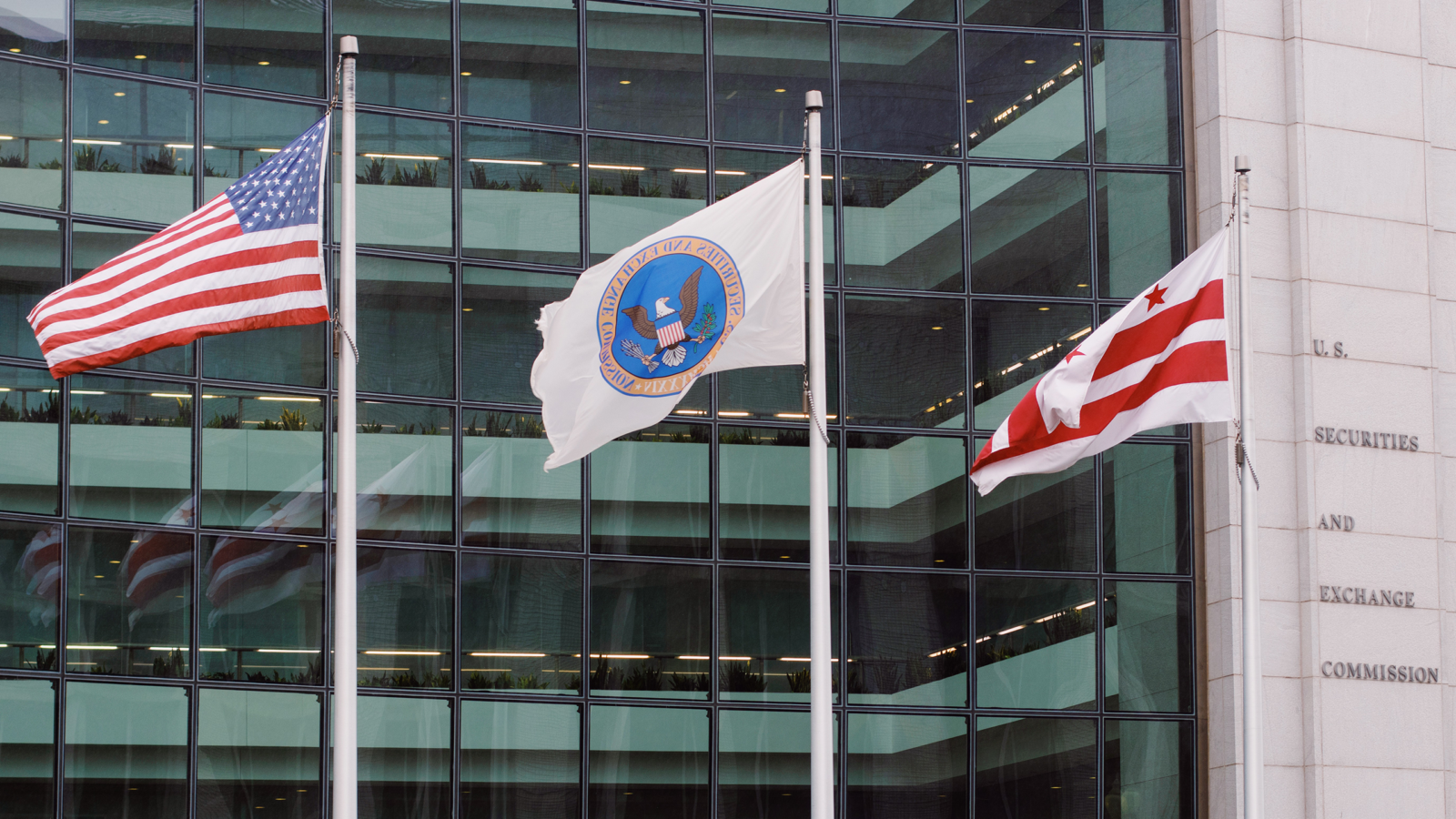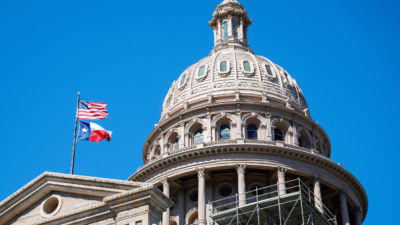ETF Closures Could Tick Up in Volatile Markets
ETF behemoths like Vanguard’s VOO or State Street’s SPY ain’t going anywhere, but newer products are more likely under threat of closure.

Sign up for exclusive news and analysis of the rapidly evolving ETF landscape.
You don’t have to go home, but you can’t stay here.
With a possible global trade war looming and recession fears swirling, the ETF industry may be facing an uptick in fund closures in the coming months. While giant funds from household names like BlackRock, Vanguard, and State Street may benefit from uncertain markets, recently launched products are at a higher risk of folding. If equity markets remain in flux, ETF closures could approach the 656 that took place globally during the first year of Covid-19 in 2020, experts said.
“A lot of new ETFs won’t even have a chance to grow either through market appreciation or new flows because everyone is too scared to invest in them over fear of closure,” said Todd Sohn, ETF strategist at Strategas Asset Management, adding that investors flock to trusted brands during bear markets. “It becomes a negative feedback loop.”
Exit Sign
The global ETF market experienced nearly 2,000 product launches, a new record, and 622 closures last year, per ETFGI. The US accounted for the largest shares of both at 746 launches and 196 closures. But that was in 2024, before the sweeping tariffs the current administration imposed on most imports, which were paused last week, and may or may not increase in the next three months.
Asset managers may be forced to tighten their belts and drop some of their unprofitable ETFs, said Bryan Armour, director of passive strategies research at Morningstar. “By my count, there are over 1,100 US ETFs with under $25 million in net assets that are likely operating at a loss,” he told ETF Upside. “That means a huge number of ETFs are on the chopping block.”
Number Theory. The market isn’t everything, though. For example, 2023 was a great year for stocks, with all three major indexes rallying. And yet, it was also one of the worst years for ETF closures at 865 globally, according to ETFGI. The reason is that the big issuers, with the most launches, often have the most closures because they prune riskier, unprofitable funds. According to CFRA Research data:
- Five ETF issuers — BlackRock, Direxion, Invesco, Barclays, and WisdomTree — have accounted for 25% of all launches in the US ETF industry since its inception.
- High-risk leveraged and inverse ETFs are the most likely to shutter, and have accounted for 16% of all closures in the history of the ETF industry in the US.
“While market downturns could contribute to more closures since it makes asset gathering more challenging, it is not the only factor that drives closures,” Aniket Ullal, head of ETF Research & Analytics at CFRA Research, told ETF Upside.






